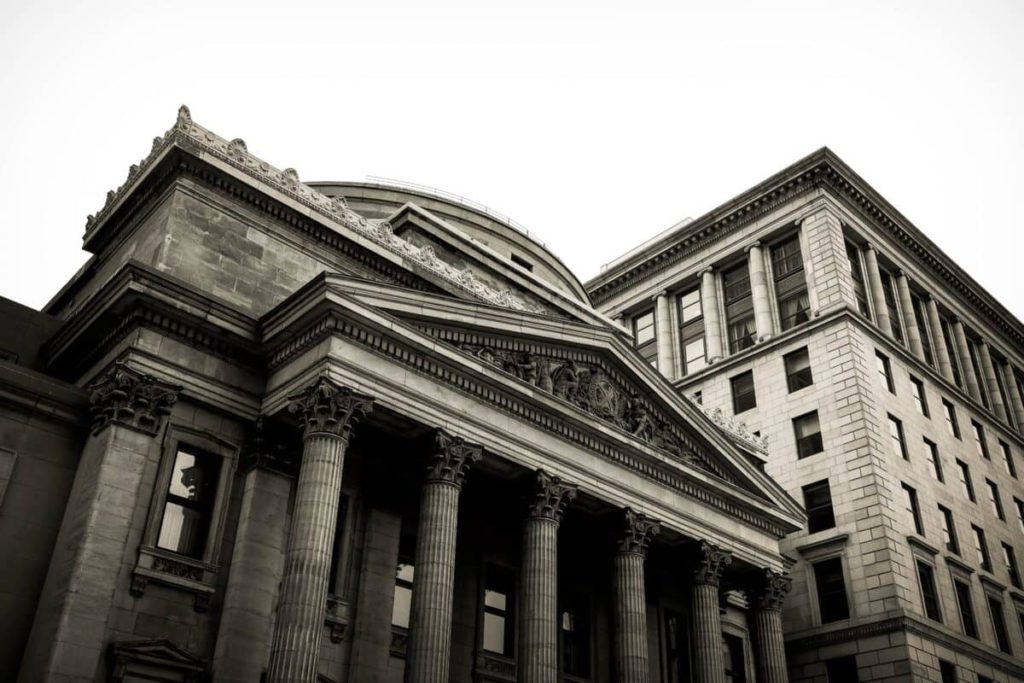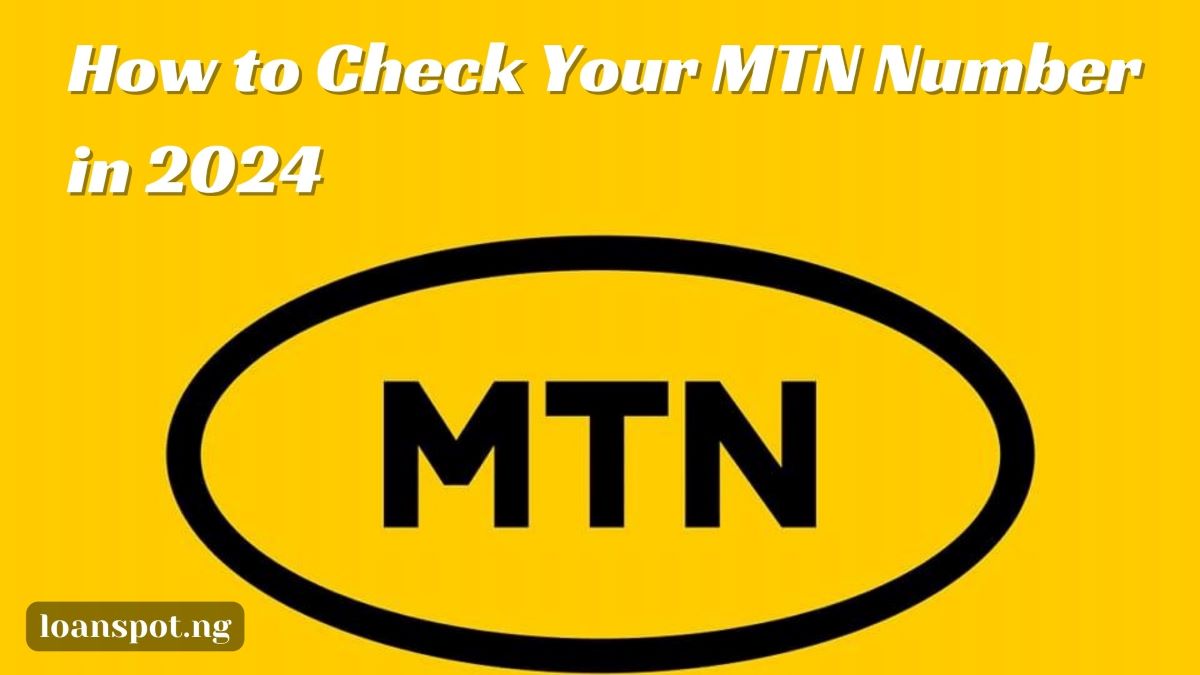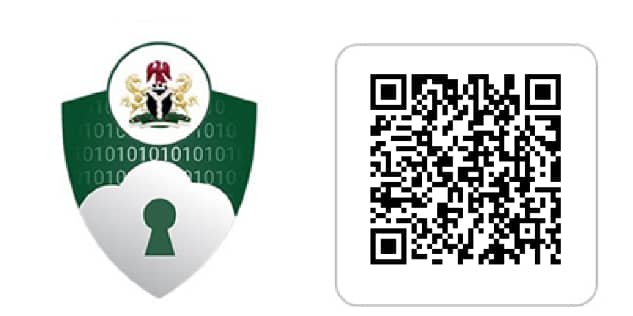Just before we delve into the list of Mortgage Lenders in Nigeria, shall we define what the term is? Mortgage Institutions may be referred to as banks that offer mortgage loans to people for various real estate reasons. This is borne out of the inability of people to purchase houses off of their salaries. Ideally, it might take a while before this completed if people saved to buy or build a house. Mortgage banks thus step into the scene to save the day. They can loan out real estate investment capital and accept payment in instalments.

What is a Mortgage?
A mortgage refers to a loan where in real estate or property is used as collateral. Essentially, the borrower enters into an agreement with the lender, receiving the cash up front and repaying over an agreed duration. In most cases, the lender is usually a bank.
Mortgage loans are vital to the financial inclusion of the underbanked, unbanked, and individuals without a good credit history.
What are NHF Mortgage Loan Requirements?
After satisfying the minimum qualification of being in paid employment and above the age of 21, you need to perform the following:
- Open a savings account with a licensed Primary Mortgage Institution (PMI) if you do not have one
- Contribute to the NHF fund for a minimum of 6 months
- Provide valid document titles for the collateral
- Approved building plans
- Provide evidence of a satisfactory regular flow of income to guarantee the loan
- Detailed bill of quantities where necessary
- Approved site/ survey plans
List of Licensed Mortgage Lenders in Nigeria
The Central Bank of Nigeria has licensed 35 primary mortgage lenders in Nigeria. They include:
- Abbey Building Society Limited Mortgage Lenders
- AG Homes Savings and Loans Limited
- Akwa Savings and Loans Limited
- Aso Savings and Loans PLC
- Brent Mortgage Bank
- Centage Savings and Loans Limited
- City Code Savings and Loans Limited Mortgage Lenders
- Coop Savings and Loans Limited
- Delta Building Society Limited
- FBN Mortgages
- FHA Homes Savings and Loans Limited Mortgage Lenders
- First Generation Homes [Savings and Loans] Limited
- Gateway Savings and Loans Limited
- Global Trust Savings and Loans Limited
- Haggai Savings and Loans Limited
- Homebase Savings and Loans Limited
- Imperial Homes Mortgage Bank Limited
- Infinity Trust Mortgage Bank Limited Mortgage Lenders
- Jigawa Savings and Loans Limited
- Jubilee-Life Savings and Loans Limited
- Kebbi State Home Savings and Loans Limited
- Lagos Building and Investment Company Limited
- MayFresh Savings and Loans Limited
- MGSL Mortgage Bank
- Mutual Alliance Savings and Loans Limited
- New Prudential Building Society Limited
- Nigeria Police Mortgage Bank
- Omoluabi Savings and Loans Mortgage Lenders
- Platinum Savings and Loans Limited
- Refuge Home Savings and Loans Limited
- Resort Savings and Loans PLC
- Safe Trust Savings and Loans Limited
- STB Building Society Limited Mortgage Lenders
- TrustBond Mortgage Bank PLC
- United Mortgage Limited
Related Post: How Personal Loans Work in Nigeria
The National Housing Fund in Nigeria
The National Housing Fund (NHF) is a scheme organised by the federal government of Nigeria. It is open to all Nigerians in paid employment and above the age of 21, offering them low-interest, government-funded loans.
Members of this scheme are mandated to contribute 2.5% of their monthly salary to the fund through the Mortgage Bank of Nigeria. Essentially, partaking members could initially receive up to N5 million NHF fund, which has now been increased to N15 million. Additionally, the borrowed sum has a maximum tenor of 30 years at a 6% interest rate.







